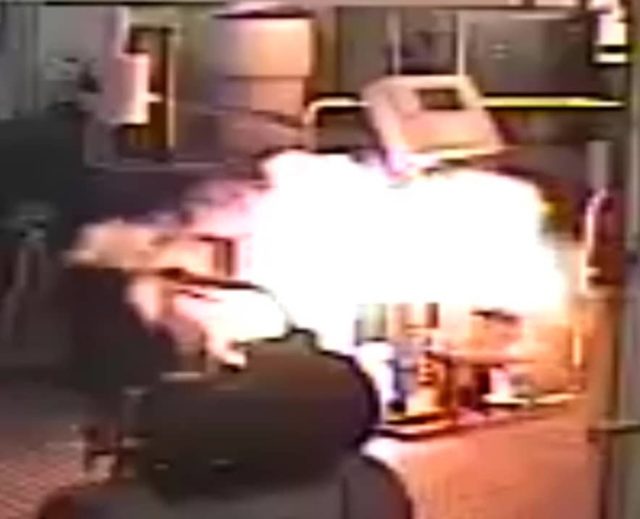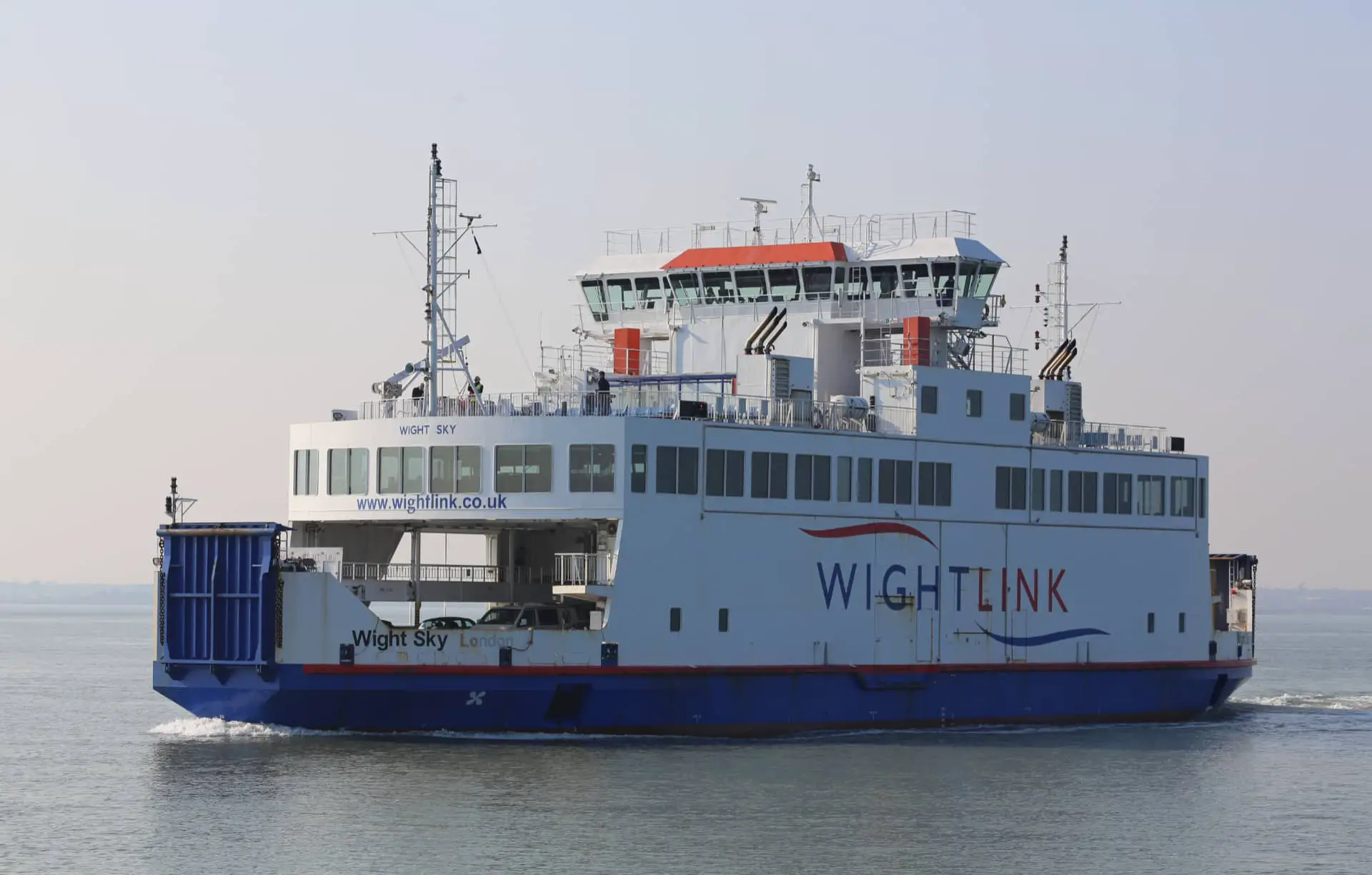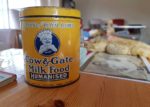An investigation by the Marine Accident Investigation Branch into two catastrophic engine failures on a Wightlink ferry have identified a number of key safety issues.
A report published today, details the investigation which looked into the two engine failures, one resulting in a fire on board Wight Sky, on two dates in 2018. Wightlink responds below.
Catastrophic engine failures
On 26th August 2018, Wight Sky suffered a catastrophic main engine failure as it prepared to enter the Lymington River on its regular crossing from Yarmouth, Isle of Wight.
This was the ferry’s second catastrophic main engine failure in less than a year, the failed engine being the replacement for the previous failure that had resulted in a fire and serious injuries to an engineer officer.

Third catastrophic engine failure
On 14th December 2018, Wight Sky suffered a third catastrophic engine failure.
On this occasion, the failed engine was a new build and had been in operation for just 389 hours.
Background of Wight Sky
Wight Sky was one of three Wight Class sister ferries and following the third engine failure Wightlink withdrew its Wight Class ferries from service.
Following discussions between the ferry owner, the Maritime and Coastguard Agency (MCA), Lloyd’s Register, and the engine manufacturer Volvo Penta, a mitigation plan was put in place to enable the ferries to return to service.
History of engine failures across Wight Class fleet
This investigation found a history of engine failures across the Wight Class fleet dating back to 2010 and consequently, the scope of the investigation expanded to include all known failures.
This led to a long and detailed technical investigation that comprised forensic examination and testing of five of the failed engines and their components, a full review of the vessels’ system design and operation, and the safety management, planned maintenance and condition monitoring procedures, together with manning and technical oversight.
Key safety issues identified
In May 2019, the MAIB published an interim report of its initial findings.
The key safety issues identified were:
- Insufficient technical oversight of the engines’ operating parameters.
- Standards of maintenance management and quality control.
- Engine component and auxiliary system design problems.
- A lack of clear ownership for engine maintenance and engine condition monitoring.
Safety recommendations:
- Wightlink: Ensure competent technical oversight of maintenance on board its vessels, through resourced procedures, so that technical issues are identified and escalated to senior management as necessary.
- Volvo Penta AB: Identify all affected D16 MH customers to inform and resolve the identified oil filter bypass anomaly.
- Lloyds Register: Assess the need to introduce within its rules and regulations the time taken to declutch a main propulsion engine from the drive shaft in the event of an emergency shutdown, to prevent the engine from being driven and increasing the risk of serious injury and damage.
- RK Marine Ltd: Provide its customers with all manufacturers’ safety bulletins applicable to the engines in use.
Moll: Investigation was broadened to include the forensic examination
Andrew Moll, Chief Inspector of Marine Accidents, said,
“This has been a long and complex investigation. Initially focusing on two catastrophic engine failures, the investigation found a history of engine failures across Wightlink’s fleet of Wight Class ferries dating back to 2010. Consequently, the scope of the investigation was broadened to include the forensic examination and testing of five failed engines and their components, a full review of the vessels’ propulsion system design and operation.
“We also examined the ferry operator’s safety management, planned maintenance and condition monitoring procedures, together with the technical oversight provided by the engine manufacturer and its approved service provider.
“MAIB has worked closely with Wightlink, Volvo Penta AB, Lloyds Register and the Maritime and Coastguard Agency over the past three years to help ensure that most of the technical issues identified in the investigation report were addressed as soon as practicable. The report contains recommendations aimed at improving the reliability of the propulsion machinery on board the Wight Class ferries and reduce the likelihood of future catastrophic engine failures.”
The report
Annexes
Response from Wightlink
A spokesperson from Wightlink told News OnTheWight,
“Wightlink welcomes the publication of the final report by the Marine Accident Investigation Branch (MAIB) into engine issues on Wight Class ferries on the Lymington-Yarmouth route in 2018. Wightlink accepts all the recommendations made by the MAIB and has already implemented them.
“There have been no serious engine failures on its W-Class vessels since 2018. The ships operate a highly reliable service, with fewer than one in a hundred sailings cancelled for any reason.
“Wightlink is now working with Golden Arrow Marine, which operates authorised Volvo Penta Centres along the south coast.
“Wightlink thanks the MAIB for its thorough and detailed investigation, report and recommendations.”
Article edit
12.50pm 28th Apr 2022 – Wightlink statement added
News shared by the Department for Transport, in their own words. Ed





